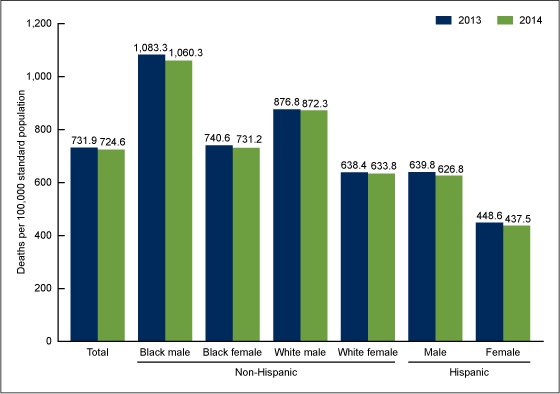Man vs. Masses: A Fight for Balance and Forward Motion
 As I sit and write this blog post I am preparing to speak to a group of young men who all have something in common. I am not talking about the fact that they are all 18 or younger, nor am I talking about how they are in a court-mandated divergence program. I am talking about how they are forgotten because they are men.
As I sit and write this blog post I am preparing to speak to a group of young men who all have something in common. I am not talking about the fact that they are all 18 or younger, nor am I talking about how they are in a court-mandated divergence program. I am talking about how they are forgotten because they are men.Too many times throughout my service term I have seen indifferent attitudes when it comes to men’s health. Too many times I have seen men pushed aside, swept under the rug, over-looked and just plain forgotten. This has to change!
There is a tremendous need for men’s health services because the amount of young adults I encounter without fathers is remarkable. I would say close to four out of every five young men I teach don’t have a father present in their life. While this is disheartening, it also creates some lasting negative health implications. According to the Center for Disease Control and Prevention (CDC), men have
 a shorter life expectancy than women and are more susceptible to get certain cancers and infections than their female counterparts.1 Plus, men are more likely to be the absent parent in a child’s life. Men aren’t represented and they aren’t taking care of themselves. However there are solutions, and I believe education is a great place to start when trying to create change.
a shorter life expectancy than women and are more susceptible to get certain cancers and infections than their female counterparts.1 Plus, men are more likely to be the absent parent in a child’s life. Men aren’t represented and they aren’t taking care of themselves. However there are solutions, and I believe education is a great place to start when trying to create change.When talking about education I think it helps to imagine it as a means of balance and forward motion. On a bicycle, sometimes to stay balanced you need to move forward. On the other hand, moving on an unbalanced bike is a recipe for disaster. For instance, what happens when the bike is missing parts? As a cyclist, I can attest that it will make the bike less than optimal, unbalanced, inefficient, and even hazardous. Well that is exactly what is happening when men’s health is underrepresented. Don’t use that bike as a means for forward motion, fix the problem. Are we, public health, making forward motion? Without a doubt. However, the forward motion is very unbalanced when such a large part of the population (men) don’t have access, education, or know how to receive men’s health services.
The lack of men’s health may be a rising concern, but there are some very exciting programs in Jacksonville that are creating a paradigm shift. Through my AmeriCorps service term as a National Health Corps Florida member I have focused on men’s health in many capacities. For example, I have customized and currently teach an 8-session Male Responsibility workshop, and bi-weekly I commit to teaching health concepts to a court-mandated divergence program. Additionally, I am on the Man Up For Health Planning Committee and the Fatherhood Taskforce. Furthermore, the Maternal and Child Health Division at the Florida Department of Health has accepted a task from the CDC to create positive images of male preconception health. Each one of the previously listed services in Jacksonville are specifically catered towards men and men’s health.
As a Family Planning Health Educator I have realized many challenges impacting men’s health, which is why I have addressed some of them in my Male Responsibility workshop. Some of the realizations are that women don’t get pregnant alone, and that absent fathers negatively impact growth and development. To combat some of the negative behaviors, I am constantly discussing and encouraging choosing healthy relationships over “situationships,” which is being persuaded into an unhealthy relationship because of a situation, such as pregnancy. I also emphasize safer sex practices over unprotected sex and educate men about general health, preventative health care, and vaccinations. In every education session, the best outcomes occur when I provide all of these services with an approach that promotes and empowers all of my students to a better version of themselves – self version 2.0.
For the most part, society expects “stand-up men” but doesn’t give them anything to stand on. Men aren’t given adequate education or support, just expectations. I’ve embraced my role as a passionate National Health Corps Florida member serving at the Florida Department of Health in the Duval County Maternal and Child Health division, where we pave the way for forward motion in the most healthy and balanced way.
Sources Used:
1) Murphy SL, Kochanek KD, Xu JQ, Arias E. Mortality in the United States, 2014. NCHS data brief, no 229. Hyattsville, MD: National Center for Health Statistics. 2015. http://www.cdc.gov/nchs/data/databriefs/db229.htm
This blog post was written by NHC Florida member Stephen Rodriguez.
Stephen serves at FDOH- Duval County as a Health Educator.